Justin Shilad
Justin Shilad is a Senior Middle East and North Africa Researcher at the Committee to Protect Journalists.
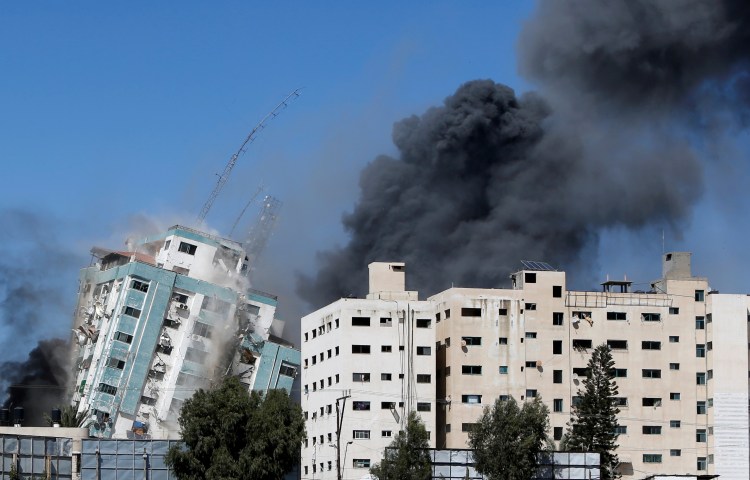
‘The war eats you alive’: Gaza journalists on the toll of covering Israeli attacks
Since May, Palestinian journalists have endured two traumatizing events: the killing of their colleague, Al-Jazeera’s Shireen Abu Akleh, and the one-year anniversary of an Israeli airstrike that destroyed a Gaza City building housing The Associated Press and Al-Jazeera, along with other offices and residential apartments, during an Israeli military campaign against militant groups in Gaza. That war…
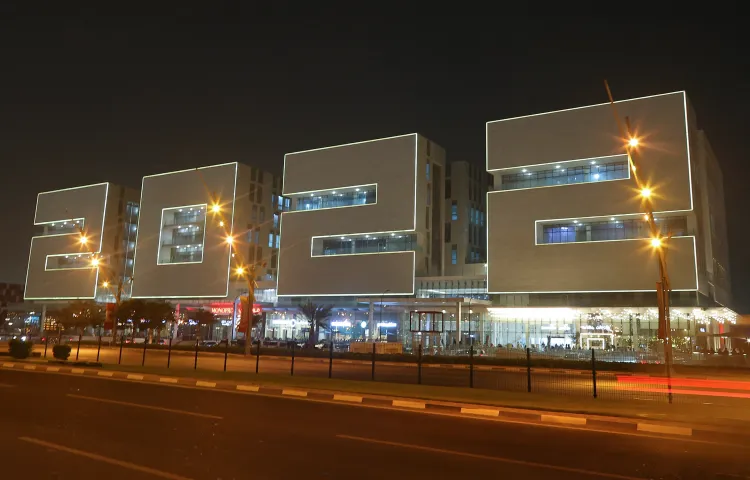
As World Cup nears, Qatar and FIFA face fresh scrutiny on press freedom commitments
Exactly one year before the scheduled start of the 2022 football World Cup in Qatar, plainclothes officers from the Gulf state’s Criminal Investigations Department arrested Halvor Ekeland and Lokman Ghorbani, a sports reporter and cameraman respectively for Norwegian state broadcaster NRK, as they were leaving their hotel in the capital of Doha. The NRK journalists…
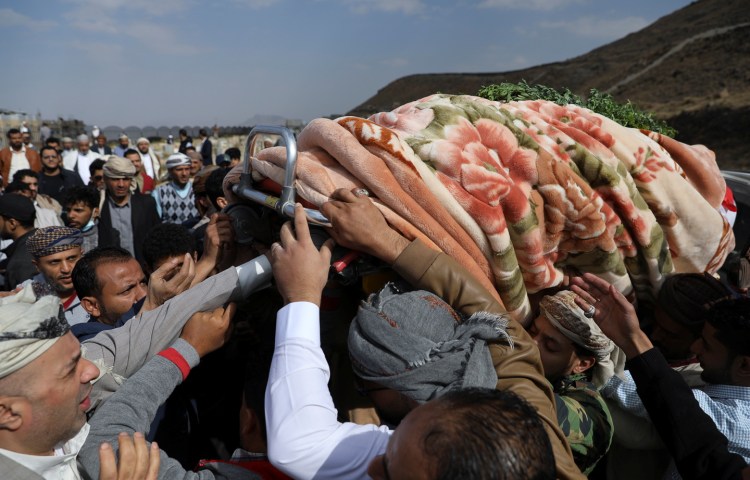
Yemen’s non-state judicial systems spell death, torture for journalists
On December 1, four journalists were on death row in the Yemeni capital, Sanaa, for the crime of spreading false news. Before they were detained in 2015, Abdulkhaleq Amran, Akram al-Waleedi, Hareth Hameed, and Tawfiq al-Mansouri worked for various outlets, including the independent Al-Masdar newspaper and outlets associated with al-Islah, one of the parties in…
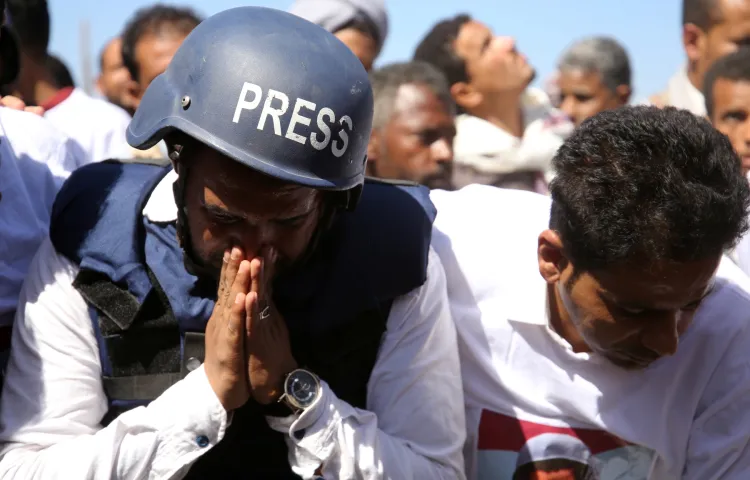
A ‘slow death’ for Yemen’s media: the country’s journalists report through displacement and exile
March 2018 was a low point for Akhbar al-Youm, an independent daily newspaper in Yemen. Three weeks after the newspaper’s Aden office was set ablaze by unidentified arsonists, seven of its employees were abducted for a month by forces under the secessionist Southern Transitional Council, which controls the southern port city. The attacks forced the publication to relocate from Aden to…
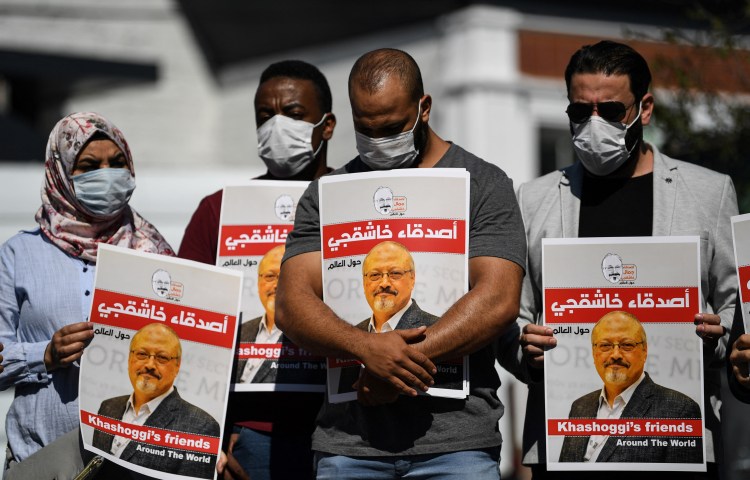
Three takeaways from the US intelligence report blaming Saudi Arabia’s Mohammed bin Salman for Khashoggi’s murder
On Friday, the United States laid the blame for the murder of Saudi journalist Jamal Khashoggi squarely at the feet of Saudi Crown Prince Mohammed bin Salman in a long-awaited report from the Office of the Director of National Intelligence. The release of the report, which is just three pages long, signaled a change from the previous…

Al-Jazeera’s Ghada Oueiss on hacking, harassment, and Jamal Khashoggi
In a mid-2020 Washington Post opinion piece, Lebanese Al-Jazeera broadcast journalist Ghada Oueiss described hackers stealing private photos and videos from her phone and posting them online. The leak resulted in a sharp escalation of online attacks, Oueiss told CPJ in a January 2021 call. Since the brutal murder of Washington Post columnist Jamal Khashoggi…

CPJ joins letter urging MTN Group to end participation in internet shutdowns in Sudan
The Committee to Protect Journalists yesterday joined 22 other organizations in signing a joint letter to executives at South African telecommunications company MTN Group, calling on them to end their roles in Sudan’s internet shutdowns.

‘New’ Saudi Arabia ushers in even more repressive climate for journalists
Marwan al-Mureisi knew the rules: even in Crown Prince Mohammed bin Salman’s “new” Saudi Arabia, issues touching on politics, religion, or the royal family were out of bounds. So in his reporting for the privately owned website Sabq and other outlets, al-Mureisi wrote about science, technology, and the need to embrace creativity and innovation–all hallmarks…
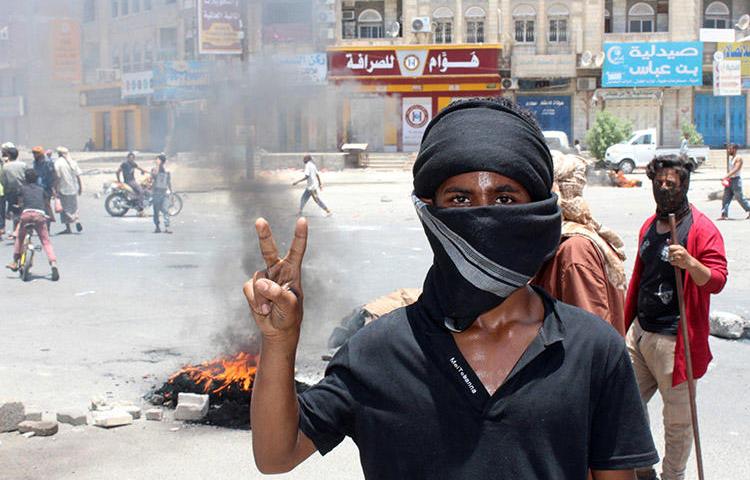
Journalists in Yemen under attack from all sides as rival forces crack down on critics
In its report released late last month, the U.N. Human Rights Council found that all groups involved in the Yemen conflict–from the government-controlled south, with its militias propped up by the UAE-led coalition and loyal to the secessionist Southern Transitional Council, and areas held by the rebel Ansar Allah or Houthi movement–were responsible for widespread…

In Houthi-controlled Yemen, silence, exile, or detention; at least 13 journalists held
Torture. Denial of medical care. Repeated interrogations and accusations of collaborating with enemies: Yemeni journalist Youssef Ajlan’s story of his detention, which lasted over a year, hews closely to those of many journalists imprisoned for their work.